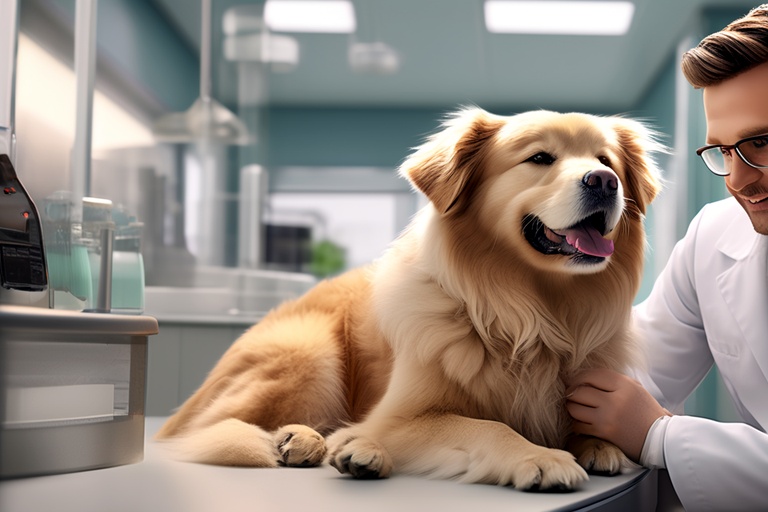What is a LVT in veterinary medicine?

In the field of veterinary medicine, LVT stands for Licensed Veterinary Technician. Also known as Veterinary Nurse or Veterinary Technologist, an LVT plays a crucial role in the care and treatment of animals. With their specialized knowledge and training, they are an integral part of the veterinary healthcare team.
Responsibilities of a LVT
Licensed Veterinary Technicians are responsible for various tasks to ensure the well-being and proper treatment of animals. Some of their key responsibilities include:
1. Animal Care and Nursing
LVTs are involved in providing daily care to animals under veterinary supervision. They monitor vital signs, administer medications, dress wounds, and assist with grooming and hygiene routines. LVTs are trained to handle animals with compassion and professionalism, ensuring their comfort and safety during procedures or treatments.
2. Diagnostic Procedures
LVTs assist veterinarians in performing diagnostic procedures such as blood tests, X-rays, ultrasounds, and urinalysis. They prepare equipment and samples, collect specimens, and record accurate data for further analysis. LVTs also play a vital role in educating pet owners about these procedures and the importance of diagnostic tests.
3. Anesthesia Management
During surgical procedures, LVTs are responsible for administering anesthesia and monitoring the patient's vital signs. They play a crucial role in ensuring animals are properly anesthetized, maintaining their stability throughout the procedure, and assisting the veterinarian as needed. Additionally, LVTs are trained to recognize and respond to any anesthetic complications that may arise.
4. Surgical Assistance
LVTs provide support during surgical procedures by sterilizing instruments, preparing the operating room, and assisting the veterinarian throughout the surgery. They may also be involved in suturing incisions, applying wound dressings, and monitoring post-operative recovery.
5. Client Communication and Education
Effective communication with pet owners is an important aspect of a LVT's role. They provide guidance and education on topics such as proper nutrition, medication administration, preventive care, and post-operative instructions. LVTs act as intermediaries between the veterinarian and clients, ensuring that all concerns are addressed and that pets receive the best possible care.
Education and Training
To become an LVT, individuals must complete an accredited veterinary technology program, typically offered at community colleges or technical schools. These programs provide comprehensive training in animal anatomy, pharmacology, radiology, laboratory procedures, anesthesia, surgical assistance, nursing care, and client communication.
After completing the program, aspiring LVTs must pass a national licensing examination. The licensing requirements may vary from state to state, so it is important for LVTs to be familiar with the regulations in the state they wish to practice in. Continuing education is also a vital part of maintaining licensure, as it keeps LVTs updated on the latest advancements and techniques in veterinary medicine.
Importance of LVTs in Veterinary Practice
Licensed Veterinary Technicians are an integral part of any veterinary practice, providing support to both the animals and the veterinarians. Their specialized knowledge and skills enable veterinarians to focus on diagnosing and treating illnesses, while LVTs handle various aspects of patient care. This collaborative approach ensures efficient and effective treatment of animals while maintaining high standards of veterinary healthcare.
Conclusion
In veterinary medicine, LVTs play a vital role in providing quality care to animals. Their extensive training and expertise make them valuable members of the veterinary healthcare team. From assisting in surgery to educating pet owners, LVTs are committed to promoting animal health and welfare. If you're looking for a veterinary clinic that values the expertise of Licensed Veterinary Technicians, choose our clinic for compassionate and comprehensive care for your beloved pets.
